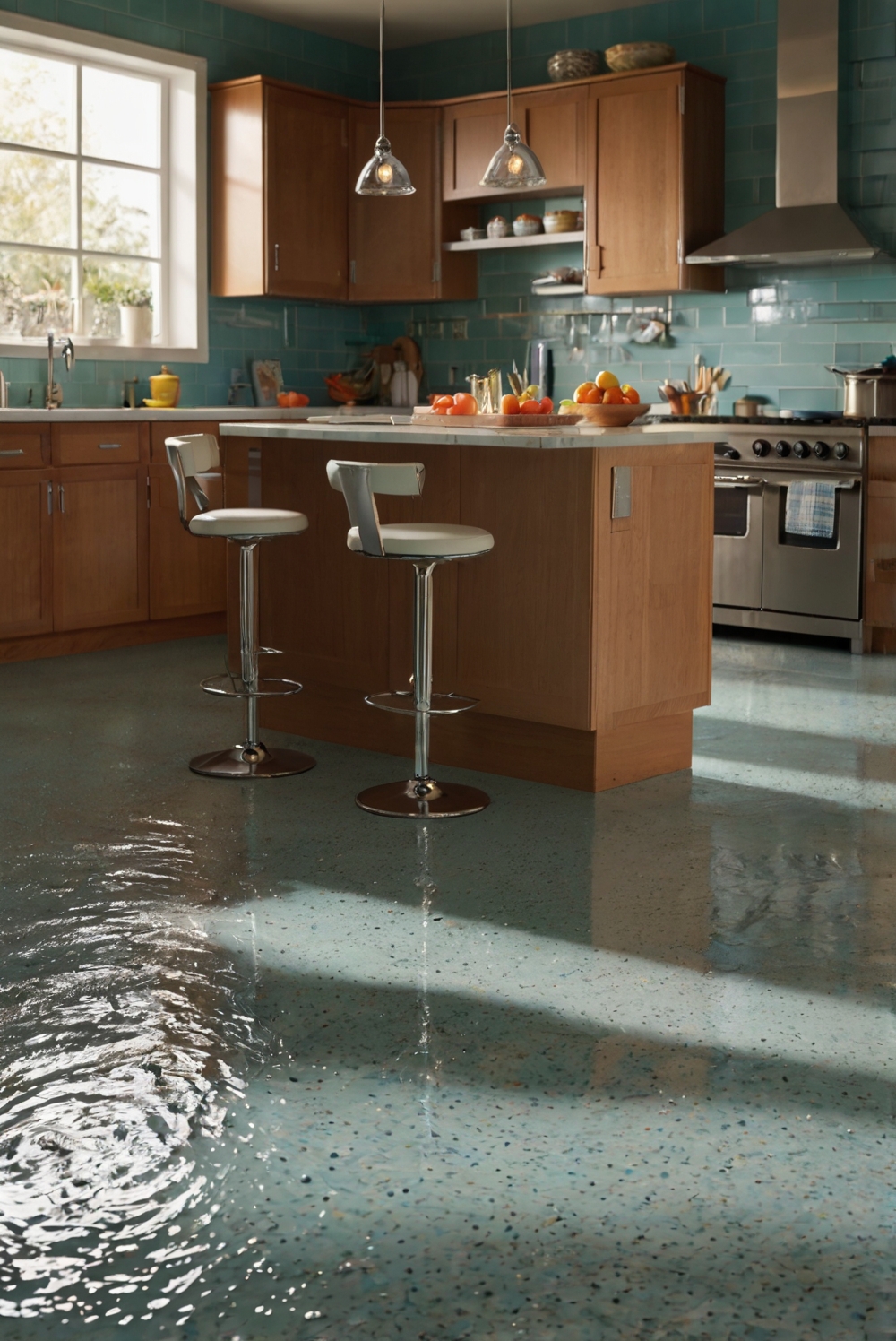Explore water-resistant flooring materials suitable for kitchens in this daily routine. Find the perfect balance of style and functionality for your culinary space.
What flooring materials are water-resistant for kitchen use?
Vinyl flooring, ceramic tile, porcelain tile, and natural stone are all water-resistant options for kitchen flooring. These materials are easy to clean and maintain, making them ideal for areas prone to spills and moisture. Vinyl flooring is budget-friendly and available in a wide range of styles, while ceramic and porcelain tiles offer durability and long-lasting beauty. Natural stone adds a touch of luxury to your kitchen but may require sealing to maintain its water resistance. When choosing water-resistant flooring for your kitchen, consider the style, budget, and maintenance requirements to find the best option for your space.
**What flooring materials are water-resistant for kitchen use?**
When it comes to choosing flooring materials for your kitchen, **water resistance** is a key factor to consider. Water spills, splashes, and leaks are common in kitchens, so having a floor that can withstand moisture is essential. Here are some water-resistant flooring options that are suitable for kitchen use:
**1. ** **Porcelain Tile:** Porcelain tile is a popular choice for kitchen floors due to its **high water resistance**. It is non-porous, which means it does not absorb water, making it a great option for kitchens where spills are frequent. Porcelain tile is also durable, easy to clean, and comes in a wide range of styles and colors.
**2. ** **Luxury Vinyl Plank (LVP):** Luxury vinyl plank flooring is another **water-resistant** option for kitchens. It is made from synthetic materials that are **resistant to water damage** and can mimic the look of hardwood or stone. LVP is also **durable**, **easy to install**, and **low-maintenance**, making it a practical choice for busy kitchens.
**3. ** **Laminate Flooring:** Laminate flooring is a **cost-effective** option that offers **good water resistance** for kitchens. While not completely waterproof like porcelain tile or LVP, laminate flooring has a protective top layer that helps **repel water** and resist stains. It is also **easy to clean** and comes in a variety of styles.
**4. ** **Engineered Hardwood:** Engineered hardwood flooring is a **water-resistant** alternative to traditional hardwood. It is made from layers of wood topped with a **water-resistant finish** that helps protect against moisture damage. Engineered hardwood is **durable**, **easy to maintain**, and adds a **timeless** look to any kitchen.
**5. ** **Cork Flooring:** Cork flooring is a **natural** and **eco-friendly** option that is **water-resistant** and **comfortable** underfoot. Cork is naturally resistant to moisture and can **bounce back** from spills without damage. It also provides **insulation** and **noise reduction** in the kitchen, making it a **practical** and **sustainable** choice.
When choosing a water-resistant flooring material for your kitchen, consider factors such as **durability**, **maintenance**, **style**, and **budget**. Each of these options offers unique benefits and features that can suit different kitchen needs and preferences.
**Conclusion**
Selecting a water-resistant flooring material for your kitchen is crucial to ensure longevity and functionality. By exploring options such as porcelain tile, luxury vinyl plank, laminate flooring, engineered hardwood, and cork flooring, you can find the perfect balance of **water resistance**, **durability**, **style**, and **affordability** for your kitchen space. Evaluate your priorities and preferences to choose the best flooring material that meets your specific needs and enhances the overall look and feel of your kitchen.

